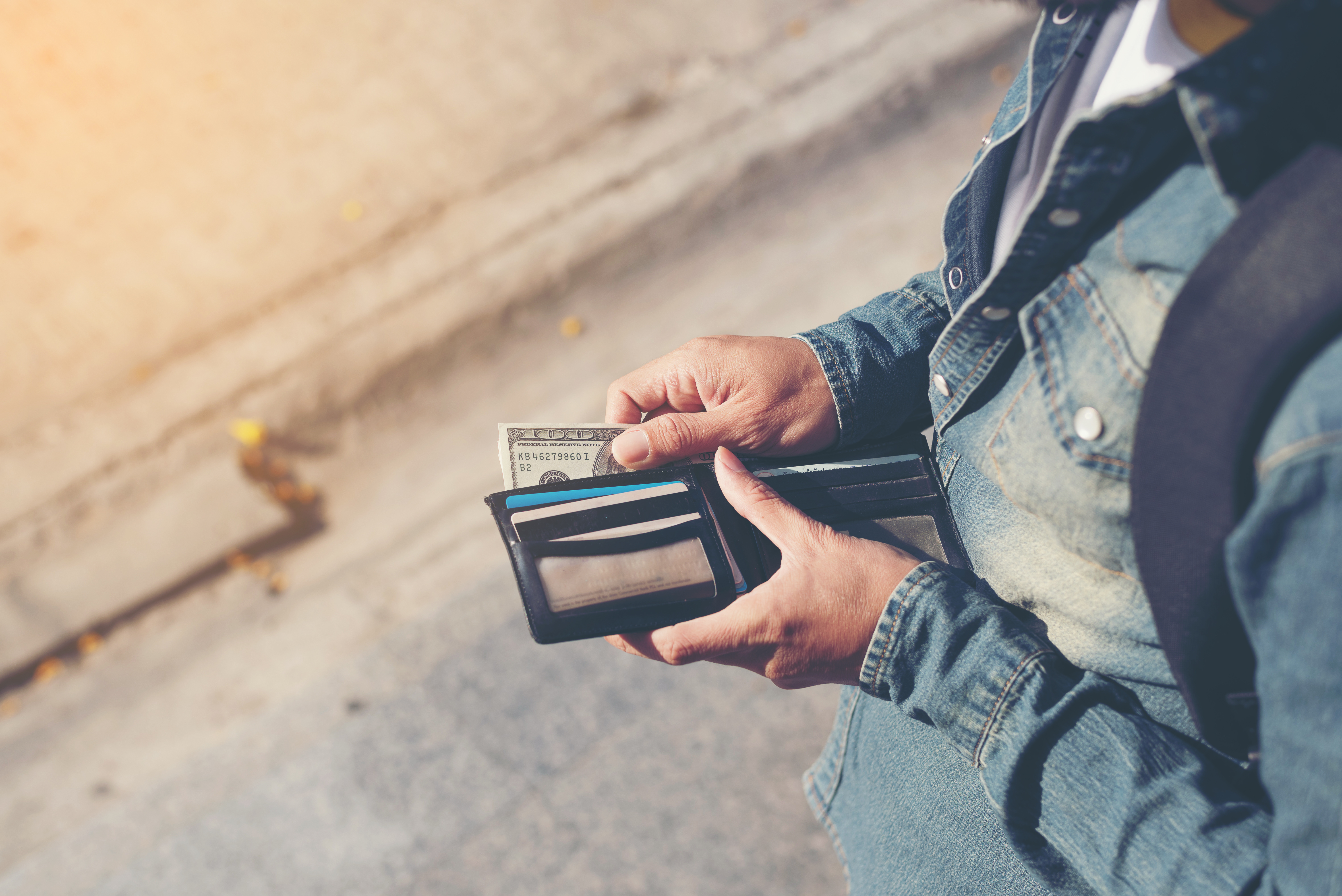Principle #3: Reserve it for the Unexpected

The Sound Stewardship Principles™ are at the heart of how we serve. Over the coming months, we will break down each principle in greater detail and examine what leads to financial success.
Think about what would happen if you had a surprise expense of $500, $1,000, or $5,000. What would that scenario mean for your family? For many Americans, a surprise expense can be financially devastating.
I recently read that 57% of Americans don’t have enough cash reserves to cover a $500 unexpected expense. Fifty seven percent! The importance of building an emergency reserve is crucial. That’s why it’s one of our principles at Sound Stewardship.
Having cash on hand allows us to be prepared for the unexpected
“Expecting the unexpected” may sound paradoxical, but the truth is that any day something could blindside you financially. From car or house disasters to medical emergencies, unplanned expenses meet us fairly often. In order to avoid further debt or miss loan and mortgage payments, we need to be prepared.
Whether you’ve made a big purchase using some cash reserves and need to build it back up again, or have concerns about not having enough in cash savings in the first place, we have some tips to help you build those reserves and stabilize your family in case of emergency.
The Biblical basis
When it comes to saving, Scripture is clear. Proverbs 6 advises: “Go to the ant, you sluggard; consider its ways and be wise! It has no commander, no overseer or ruler, yet it stores its provisions in summer and gathers its food at harvest.”
Similarly, in Proverbs 20, Solomon instructs, “The wise store up choice food and olive oil, but fools gulp theirs down.”
We honor and steward what God has given us by being financially prepared so when unexpected circumstances come crashing in, our financial life doesn’t come crashing down.
Building up your cash reserves
At Sound Stewardship, our tips for building up cash reserves are similar to those for getting out of debt:
- How can you increase your income and set aside that new amount each month?
- How can you decrease your expenses to free up monthly savings?
- What can you sell to create quick cash and build your reserves?
With these efforts, work toward having at least $1,000 in a savings account away from you. What I mean by that is you don’t want your cash reserves to be in the same place as your funds for day-to-day expenses. Create a separate savings account that is FDIC-insured with a competitive interest rate (these types of accounts are generally online, not brick and mortar). Use these reserves only for those unexpected expenses.
Once you get to $1,000 don’t stop saving. The long term goal is to have 3-6 months’ worth of your expenses set aside, and not intended for daily use.
Cash for when it really matters
At Sound Stewardship, we want people to remain flexible and not be backed into a corner with their money. But it’s not just about emergencies. We want you to have the ability to help others or take advantage of an unique opportunity because you have the money. Cash reserves not only help you survive emergencies, but can help you or a loved one make a positive life change.
We’d love for you to reach out so we can help you find the best option for your savings account and build up those reserves. Give us a call!
Read more from the Sound Stewardship team on financial freedom:
- Principle #1: The means to financial freedom
- Principle #2: Avoid debt
- The Only Way To Get Wealth
- The Least Sexy, Most Important Money Skill
- The Three Most Common Money Mistakes


